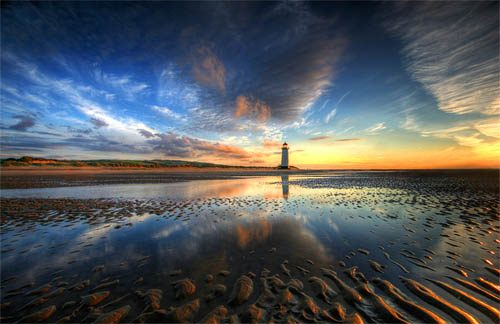The Way
Friend, I have lost the
way.
The way leads on.
Is there another way?
The way is
one.
I must retrace the track.
It's lost and gone.
Back,
I must travel back!
None goes there, none.
Then I'll make here my
place,
(The road leads on),
Stand still and set my
face,
(The road leaps on),
Stay here, for ever stay.
None
stays here, none.
I cannot find the way.
The way leads
on.
Oh places I have passed!
That journey's done.
And
what will come at last?The road leads on.
way.
The way leads on.
Is there another way?
The way is
one.
I must retrace the track.
It's lost and gone.
Back,
I must travel back!
None goes there, none.
Then I'll make here my
place,
(The road leads on),
Stand still and set my
face,
(The road leaps on),
Stay here, for ever stay.
None
stays here, none.
I cannot find the way.
The way leads
on.
Oh places I have passed!
That journey's done.
And
what will come at last?The road leads on.
~ Edwin Muir
~
~
(Collected
Poems)
Poems)
Edwin Muir (15 May 1887 - 3 January, 1959) was a Scottish poet and novelist.
He was was born on a farm in Deerness , Orkney Islands in the
remote northeast of Scotland. In 1901, when he was 14, his father lost
the farm and the family moved to Glasgow. In Glasgow first his father,
then his two brothers, and then his mother died in the space of a few
years. His life as a young man in Glasgow was a depressing experience
for him, involving a succession of unpleasant jobs. In 1919 he married
Willa Anderson (they would later collaborate on English translations of
such writers as Franz Kafka and Hermann Broch) and moved to London.
He was was born on a farm in Deerness , Orkney Islands in the
remote northeast of Scotland. In 1901, when he was 14, his father lost
the farm and the family moved to Glasgow. In Glasgow first his father,
then his two brothers, and then his mother died in the space of a few
years. His life as a young man in Glasgow was a depressing experience
for him, involving a succession of unpleasant jobs. In 1919 he married
Willa Anderson (they would later collaborate on English translations of
such writers as Franz Kafka and Hermann Broch) and moved to London.
From 1921 - 1923 he was in Prague, Dresden, Italy, Salzburg and Vienna;
he returned to England in 1924. Between 1925 and 1956 Muir published
seven volumes of poetry which were collected after his death and
published in 1991 as The Complete Poems of Edwin Muir. From 1927 to
1932 he published three novels and in 1935 he came to St. Andrews where
he produced his controversial Scott and Scotland (published in 1936).
From 1946-1949 he was Director of the British Council in Prague and
Rome. 1950 saw his appointment as Warden of Newbattle Abbey College
(college for working class men) near Edinburgh and in 1955 he was made
Norton Professor of English at Harvard University. He returned to
England in 1956 but died in 1959 at Swaffam Priory , Cambridge and was
buried near Cambridge.
he returned to England in 1924. Between 1925 and 1956 Muir published
seven volumes of poetry which were collected after his death and
published in 1991 as The Complete Poems of Edwin Muir. From 1927 to
1932 he published three novels and in 1935 he came to St. Andrews where
he produced his controversial Scott and Scotland (published in 1936).
From 1946-1949 he was Director of the British Council in Prague and
Rome. 1950 saw his appointment as Warden of Newbattle Abbey College
(college for working class men) near Edinburgh and in 1955 he was made
Norton Professor of English at Harvard University. He returned to
England in 1956 but died in 1959 at Swaffam Priory , Cambridge and was
buried near Cambridge.
https://famouspoetsandpoems.com/poets/edwin_muir/biography





